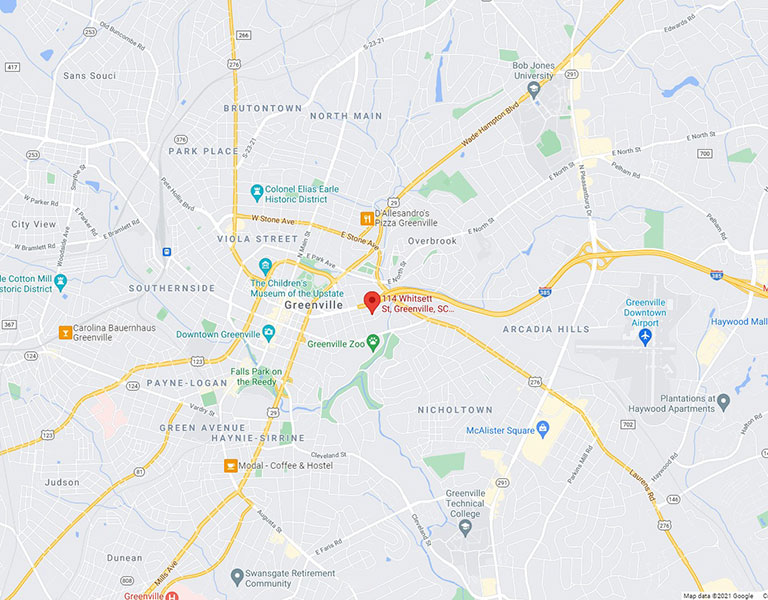When a migrant to the United States is deemed to be a gang member, it can have serious and permanent repercussions. People with gang affiliations can be detained and deported, even if they are here seeking asylum. Therefore, it’s crucial for any allegations that someone has a gang affiliation need to be based on reliable evidence.
Now, however, immigration authorities are using secret databases run by foreign militaries and police organizations to determine whether migrants have gang affiliations.
One Texas attorney says his Salvadoran client was falsely accused of membership in the notorious gang MS-13. The accusation was based on information from a secret database that may be full of errors and falsehoods but isn’t open to challenge in court.
The Salvadoran man was sent to a maximum-security prison for violent criminals and his two children were taken from him. Ultimately, the government was unable to provide evidence that the man was affiliated with the gang and dropped the allegation without explanation.
That’s an incredibly serious consequence for an allegation based on a secret foreign database. And, it likely violates the due process clause of the U.S. Constitution to imprison someone on unproven allegations.
US funds ‘fusion center’ to flush out alleged gang members
According to the nonprofit newsroom ProPublica, which broke the story, the secret database is located at a “fusion center” in El Salvador. It was created in 2017 for a multinational group that is funded through the State Department.
According to ProPublica, the fusion center started with several Salvadoran police who were brought to the States for eight months in 2017. Their purpose was to “conduct research and report information to DHS” and to “help DHS, state and local law enforcement identify, arrest or deny entry to gang members.”
Those Salvadoran officers joined a team with 10 police officers, two corrections officers and five migration officials that works with DHS and FBI agents to identify gang members. In less than a year, the group allegedly identified 240 members of MS-13 not previously known to U.S. authorities. The group was later expanded to gather intelligence from Honduras, Guatemala and Mexico.
Yet it’s unclear whether the resulting intelligence is accurate. One reason is that there is substantial gang infiltration into the Salvadoran police.
“Do I think there’s retaliatory data that gets entered because cops are pissed off at somebody or because a street guy is paying off a cop to only put down names of his rivals on the gang list? Yeah, I think that’s very likely,” said one senior human rights activist.
Identifying gang members is important, but it’s wrong, ineffective and dangerous to rely on mere allegations when making immigration decisions.


